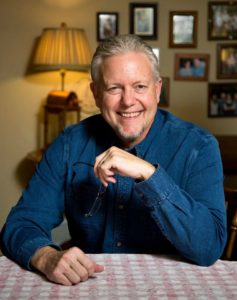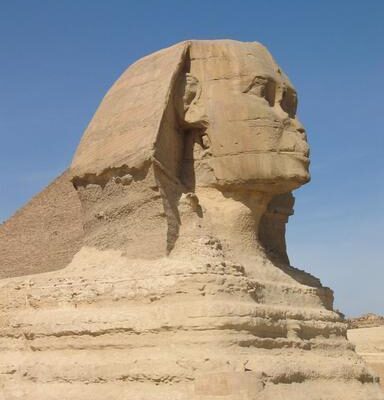It’s unfair to judge yesterday . . .
. . . only by what we know today.
The study of history is essential for understanding how to live in the present.
Find out why by watching our Truth in Two (full text below).
The study of history is the study of ourselves.

Subscribe to “Truth in Two” videos from Comenius (here). Mark is President of The Comenius Institute (website). Dr. Eckel spends time with Christian young people in public university (1 minute video), teaches at Indiana University Purdue University at Indianapolis, and interprets culture from a Christian vantage point (1 minute video). Consider becoming a Comenius patron (here).
Picture Credit: Luke Renoe, Snappy Goat
FULL TEXT
Our study of history faces two problems: the present and the future. First, it is hard to assess our own time because we are too close to it. Second, it is hard to assess someone else’s time because we are too far from it.
Our first problem in the study of history is being too close. When Ronald Reagan was governor of California there was great upheaval on college campuses. Shouting insults, a student told Reagan that it was impossible for people of Reagan’s generation to understand young people.
“You grew up in a different world,” the protester said. “Today we have televisions, jet planes, space travel, nuclear energy, and computers.” Without missing a beat Reagan replied, “You’re right. It’s true that we didn’t have those things in my generation. My generation invented them.” Sometimes we can’t evaluate our own time because we are living too close to it.
Our second problem in the study of history is being too far away. Barbara Tuchman, the brilliant American historian, wrote, “To understand the choices open to people of another time, one must limit oneself to what they knew; see the past for what it was then, not what it is now.”[1] It is unfair, then, to impose our present views on America’s founders, for instance, with 250 years of history under our belts. It’s unfair to judge yesterday only by what we know today.
Being too close to our own time, we think, what we believe, is right. Being too far away from another time, we think we know better than those who went before. Perhaps it would be better to consider that remembering the past helps us know how to live in the present. For Truth in Two, this is Dr. Mark Eckel, personally seeking truth wherever it’s found.
[1] Barbara Tuchman, “Problems in Writing the Biography of General Stilwell,” in Practicing History, 75.
Obsessed with today and tomorrow we humans tend to forget yesterday.



People today: “Can you believe they used to treat illness with leeches? How barbaric!”
People 200 years from now: “Can you believe they treated cancer by using radiation? What idiots!”